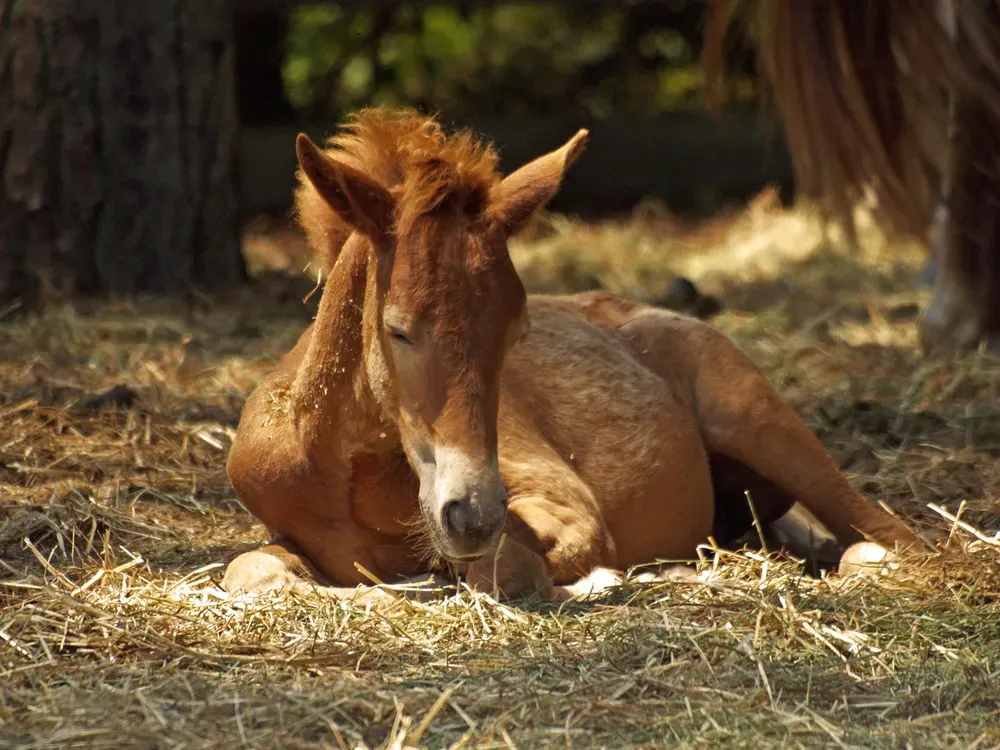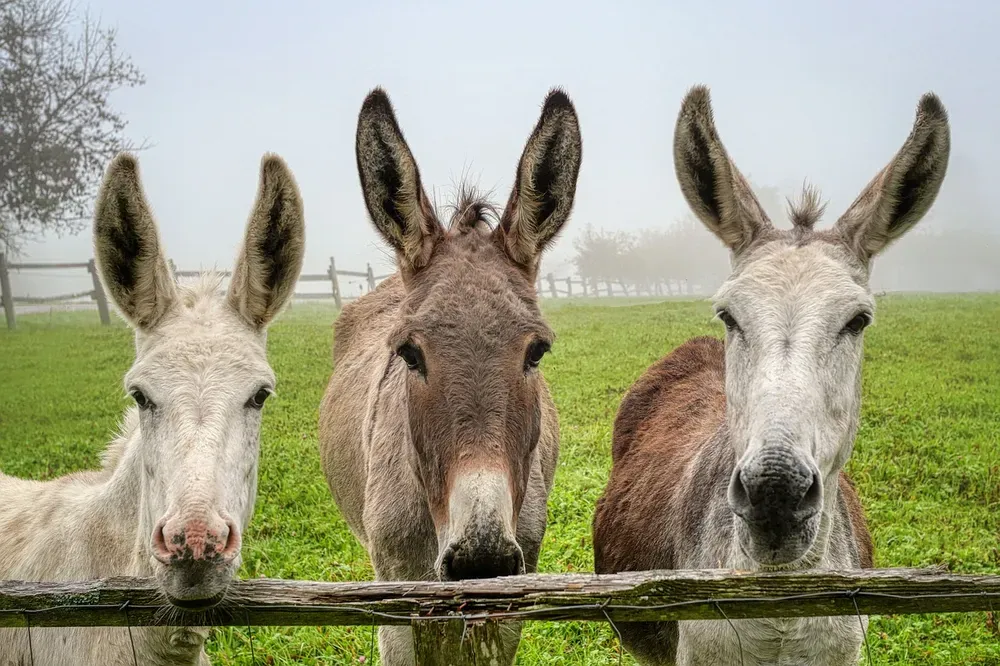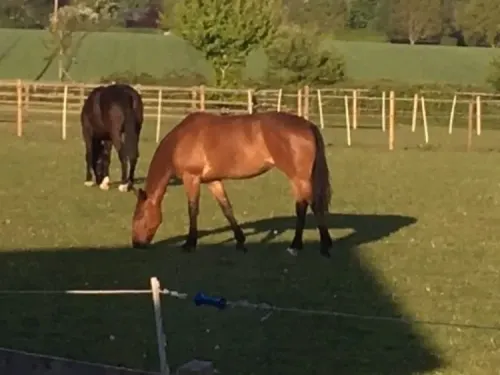
Table of Contents
Introduction
My curiosity about lungworm infections in horses, mules, and donkeys was piqued by an old friend who kept horses in our village before suddenly relocating. She explained that the reason for her move was the introduction of a donkey to her shared pastures. Now up to this point, I had little knowledge of donkeys or mules and the effect of lungworm on horses. While researching the thorny issue I had recollections of a run-down riding school remembered from my pre-teenage years. This establishment had poor horses with persistent coughs. The premises had one donkey that freely grazed with the horses. and all of the livestock were probably infected with lungworm. Sharing this post is the result of my investigation and I hope it will be of use to all horsey folk.
What is lungworm?
Lungworm is a parasitic infection of the lungs, airways and nasal passages. It is caused by a type of roundworm that is ingested and then travels into the bloodstream before finally reaching the respiratory system. Lungworm affects horses, mules and donkeys in different ways.
What are the signs my horse has a lungworm infestation?
A horse with lungworm will have a persistent or periodic cough when exercised. Typically they will be depressed and have a lack of appetite which results in weight loss and general weakness along with more laboured breathing. A nasal discharge and increased mucus production are also associated with lungworm. The infected horse may have enlarged lymph nodes and can also develop bronchitis and pneumonia, as well as pulmonary edema. In extreme cases, airways are blocked and the horse dies.

A horse foal is far more likely to develop blocked airways and then die from lungworm than is a full-grown horse.
What are the signs my mule or donkey has a lungworm infestation?
Donkeys and mules are far more tolerant of lungworm infestations and generally show no clinical signs or sometimes a harsh lung sound. However, when horses share grazing with infected mules and donkeys they become infected with lungworm and this is a problem.
Is there a way of testing for lungworm?
Mule and Donkey dung can contain lungworm larvae and a vet will use a large dung sample to carry out a sedimentation test for lungworm larvae. It will take a number of days to complete this test. However, horses are not the natural host for lungworms and rarely shed their eggs. This is because within horses the worms rarely reach maturity to lay eggs.
Detecting Lungworm in horses is very difficult
If you suspect your horse has a lungworm infection you must test your mules or donkeys. If they are positive for lungworm it is highly likely your horse has lungworm.
How do I treat my animals for lungworm?
When a horse has a lungworm infection it is time to worm with ivermectin or moxidectin and two doses administered two weeks apart are required. Your vet will administer anti-inflammatory drugs for a persistent cough and prednisone for inflamed lungs.
When a donkey or mule has lungworm use a wormer that is licenced and safe for use with donkeys. Here are some wormers that can be safely administered to donkeys:
- Eqvalan
- Strongid P
- Panacur

Can I keep Horses, Mules and Donkeys together?
Yes, If the donkeys and mules don't have lungworm and cannot contaminate the grazing. However, it may not be easy to totally eradicate their lungworm burden. So the best strategy for horses is to keep donkeys and mules in different places and never let them share the same paddocks and feed buckets or even graze in adjacent paddocks.
In some cases Infected wild bird poo can cause lungworm
So keep all feed buckets clean and away from birds when not in use.
What do I do if my paddocks are infected with lungworm?
It helps to daily remove the dung to a dung heap that is well away from the paddocks. However, lungworm larvae live in the ground for some time and are not easily eradicated by resting/rotating the land. It is not all bad news as a good frost or a sustained period of drought will kill lungworm larvae in the ground. The larvae prefer wet conditions in general.
The take-home message about Lungworm in Horses, Mules and Donkeys
Going back to my old friend it is very easy to see why she relocated her horses. This is because when it comes to grazing and feeding it is best to keep those loveable donkeys and mules away from horses. If you suspect your horse has lungworm your paddocks are probably infected by your donkeys and mules. Always treat any animal with lungworm and that includes all donkeys and mules.

Article Suggestion
Small Redworms Kill Horses
